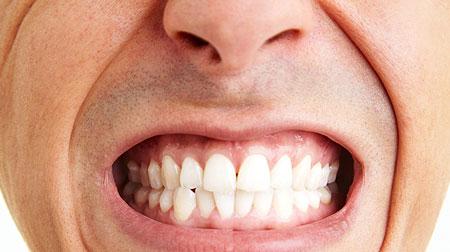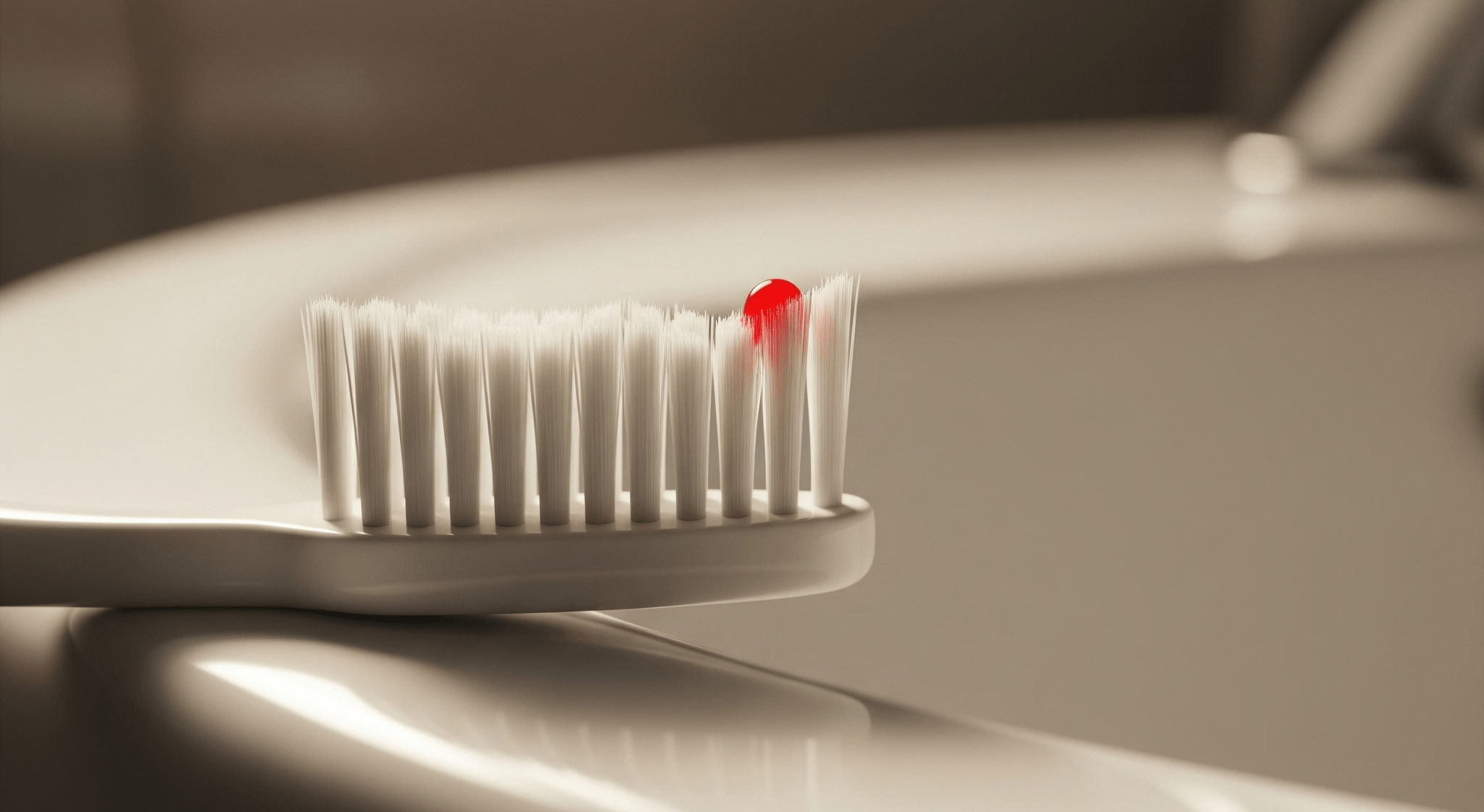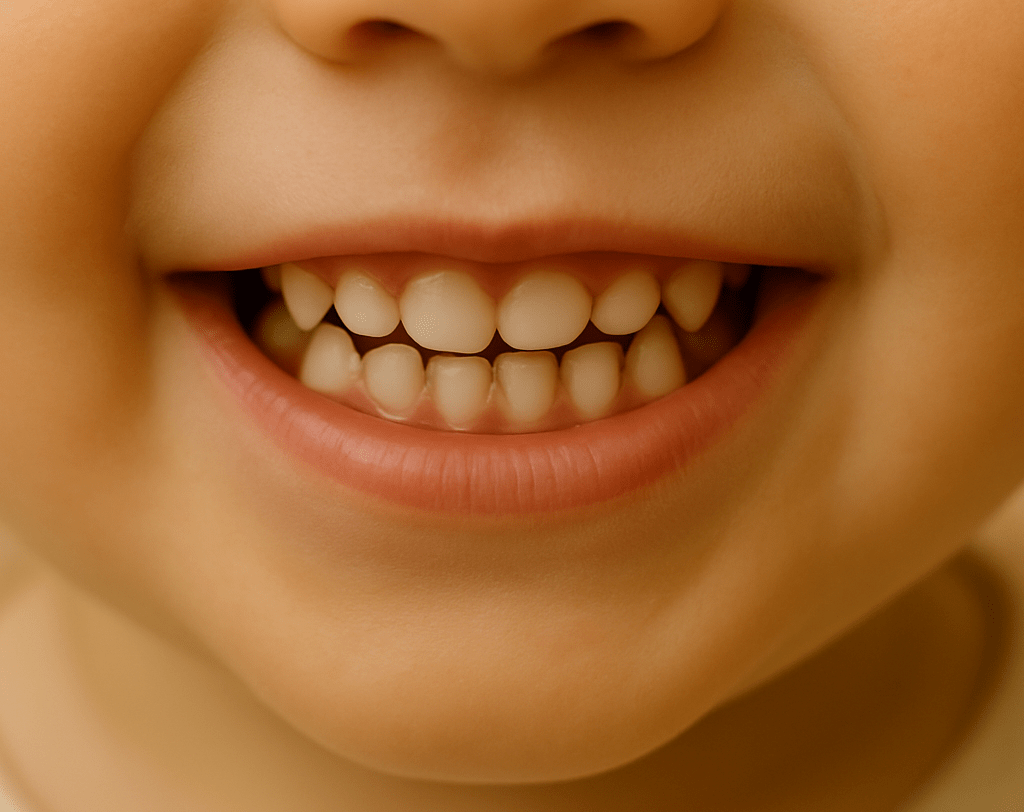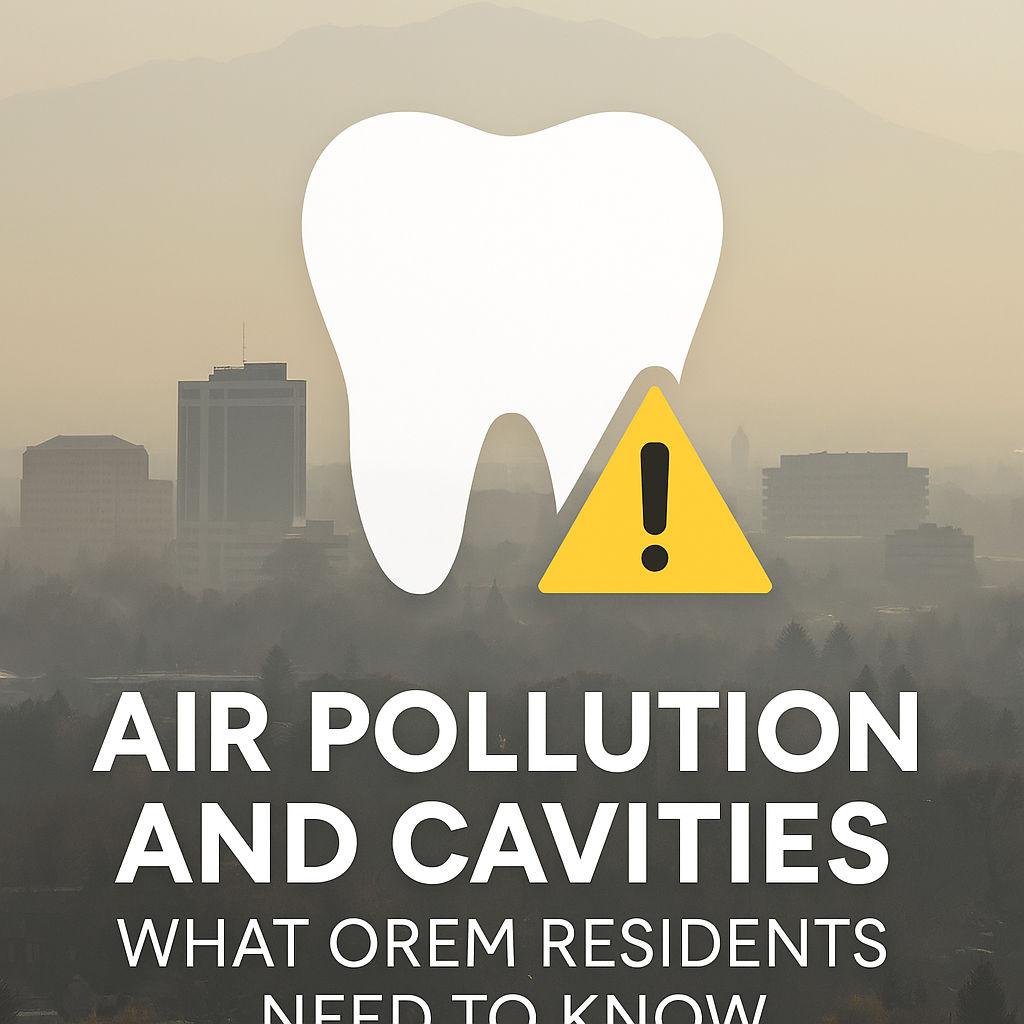Blog Highlights:
- Adults who suffer from a lot of stress and anxiety will tend to grind their teeth during sleep
- Bruxism is associated not just with stress, but also with sleeping disorders, and malocclusions
- Fractures on your teeth, tooth pains, and dull headaches are some of the symptoms of bruxism
- Children can also suffer from bruxism as a result of allergies or mouth irritations
People who are under tons of stress are oftentimes advised to “get a grip” or to “keep a stiff upper lip”. This might be because most people who are stressed-out tend to clench their teeth a lot. Clenching your jaws or grinding your teeth while you sleep is actually known as bruxism and it is considered a dental problem.
Bruxism is closely associated with stress and anxiety; it can also be caused by sleep disorders as well as by an abnormal bite, or missing and crooked teeth. Its symptoms often include the following:
- Fractures on your teeth
- Tooth pain
- Loose teeth
- Sore jaws
- Dull headaches
Patients who are suffering from bruxism should definitely ask their dentist to for a properly fitted mouth guard so that they can protect their teeth while they sleep. Dentists and physicians can also recommend patients to take muscle relaxants before going to bed. If stress is the main cause for bruxism, medical professionals recommend that patients try counseling, meditation, or exercise in order to decrease their stress or anxiety levels.
Children are also prone to teeth grinding. But because their teeth and jaws are still continually developing, it can rarely cause any damage. Most will not require treatment and in many cases, any damage seen can easily be outgrown during adolescence.
If stress and anxiety are the most common causes for teeth grinding in adults, the same is not true in children. The most common causes for teeth grinding in children are as follows:
- Misaligned teeth
- Allergies
- Oral irritations
If your child suffers from bruxism, you need to consult your child’s dentist to determine its causes and to know what treatments your child might need to have.





